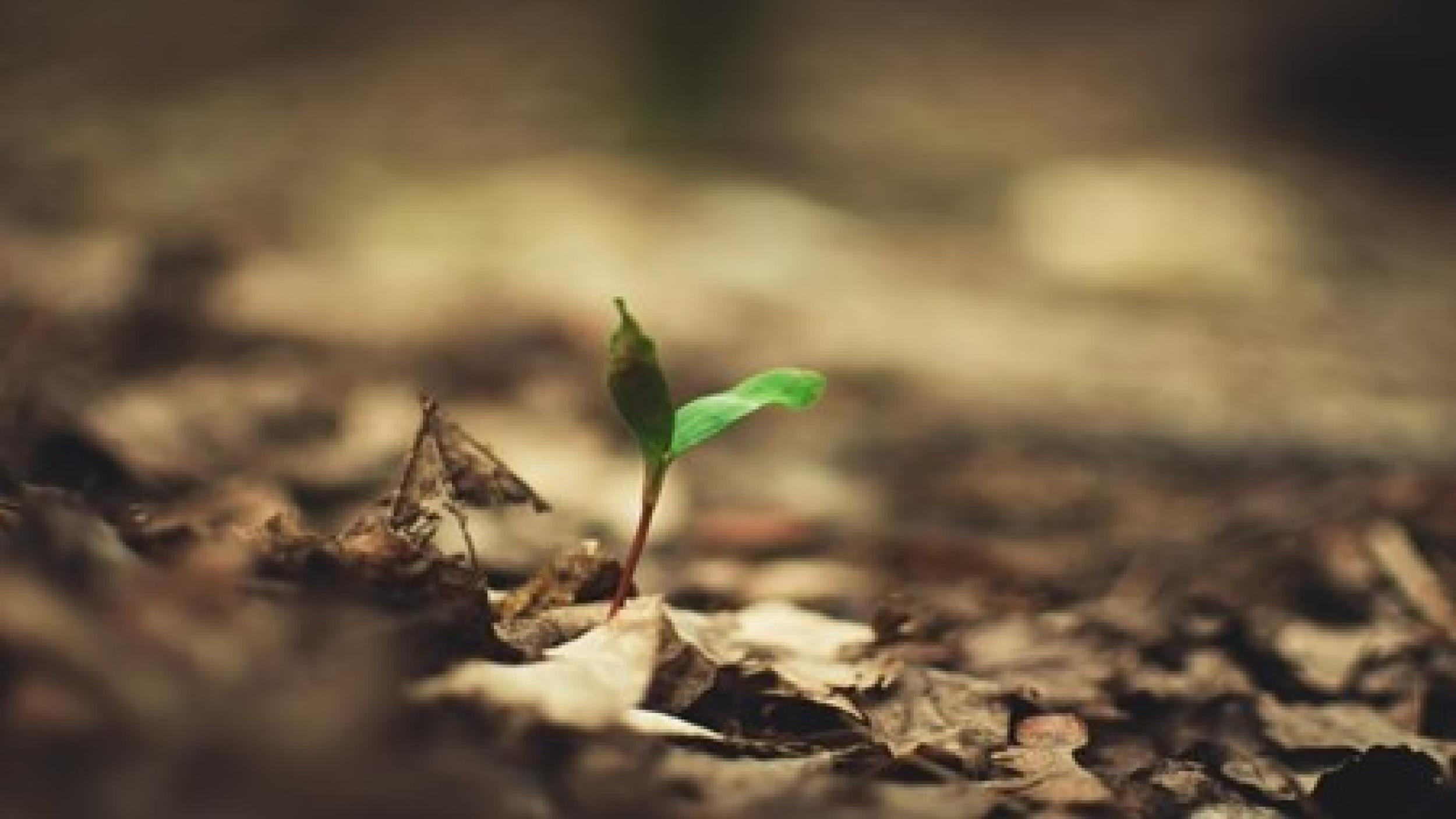
Moving towards a peat-free future in horticulture
The IUCN UK Peatland Programme has launched a report at COP 26 showcasing successes in peat-free horticulture. Peatlands are a key part of the global climate change effort as well as being of great biodiversity importance. The UK and Scottish Governments have committed to banning the sale of peat in horticulture to protect peatlands from damage by commercial peat extraction.
The report ‘Peat-free Horticulture: Demonstrating Success’ highlights the end of peat use as an opportunity not only to help the environment but also to enable a lasting and sustainable horticulture industry. Gardeners and professional plant growers are increasingly finding better alternatives to using peat. A wide range of materials are available including wood fibre, bark, and home-made compost with many of these having their own environmental benefits such as reducing waste.
Peat extraction for horticulture is targeted largely at a rare and threatened type of peatland, lowland raised bogs which have been drained and stripped of their natural living layer for the peat to be extracted. Peat, the preserved remains of plant material is then stripped and bagged for sale, stripping thousands of years of peat accumulation in a few years. As well as threatening wildlife, the operations release vast amount of carbon dioxide contributing to climate change.
Clifton Bain, IUCN UK Peatland Programme Adviser said “The case studies in our report show an expanding economic industry in the UK supplying peat-free products for horticulture. A ban on peat use not only helps our environment but is an exciting example of green recovery that will allow a thriving sustainable horticulture industry”
The report gives examples of major peat-free manufacturers and suppliers as well as professional nurseries, gardening organisations and retail outlets, all committed to ending peat-use. The role of gardeners is also highlighted to help protect our peatlands and tackle climate change by using peat-free products and switch to more sustainable gardening practices.
Clifton Bain added “gardening is increasingly recognised as important for our well-being and a valuable means of helping nature. Peat-free gardening makes that connection with our environment even stronger by switching away from unsustainable peat use and protecting our peatlands.”
Download the full report here: Demonstrating Success | IUCN UK Peatland Programme (iucn-uk-peatlandprogramme.org)